Relearning reluctant readers

As a librarian, I’ve always tried to champion the reluctant readers. I’ve worked to provide a wide variety of reading material in my collection development ranges – everything from high interest low level books, to compelling nonfiction, to fiction told by and about diverse voices, to comics, image heavy browsing books, and more. When parents would lament about how their teens just don’t read, I’d nod sagely and advise them, as I’d been advised, to give it time and provide ample options for free choice. [Why wouldn’t these parents just chill out and back off?!] I’d assure them that comic books are real books, and that engaging with books on nail art or internet memes is reading, as it’s engagement with the text. All of it, when self-selected, works to create good feelings about books, self confidence, and becomes a scaffold to reading more. I don’t think they believed me a lot of the time.
And then I met a reluctant reader whose resistance to novels just broke my heart: my own kid! Getting to know my daughter as a reluctant reader has completely reoriented me, and yes: it knocked me off my high horse right quick. What I know about her is that she loves stories. She creates them in her mind, in her play, in her notebooks, and on canvas. She listens to them whenever people will read to her, or in audiobook format, she watches them on screens, and she reads them visually in comics. It’s the physical and mental act of reading itself that challenges her and that she dislikes. She is so hungry for stories that her own skill level slows her down so much that it gets in the way of her consumption.
ADVERTISEMENT
ADVERTISEMENT
Now. She’s not a teen yet. She’s a developing reader. She needs to learn how to read fluently because it’s a basic life skill, without even addressing the joy of discovery to be found in sinking into your new favorite book. She has to learn it. She has to get better. And I know that in time she will. But it’s hard. It’s hard to know that the path that I know will lead her to happiness is rocky and her feet are bare. It’s hard to hold myself back from taking the book from her and reading for her, letting her get swept away on the magic carpet of words that she so desperately wants to be on.
The fact is though, that she has to read to become a better reader. She needs to do the work that she’s assigned at school, and practice those spelling words, and follow through where her teacher expects it. And though I’ll never stop reading to her and never deny her audiobooks, I may suggest she choose something with a few more words on the page. At least on occasion. Reading is a skill that expands the potential to consume stories, but it isn’t the key to enjoying them. It’s not even necessary for enjoying stories. I live in the intersection of the Venn diagram where a love of stories and a love of reading overlap. She’s not there yet. And that’s ok because she’s in her own circle.
My daughter’s experience doesn’t mean that all of these teens are in the same circle she’s in, but they have a lot going for them. They’re in the circle for “my teacher is encouraging/scary enough that I’m here at the library looking for a book.” They’re in the “my parents really care about me and brought me to the library” circle. They’re in the “I already know what I like, and I already know I don’t like what my [mom/dad/teacher] likes” circle. They’re in the “a librarian in my community cares about what I’m reading and is providing me options” circle.
So back to my interactions with “reluctant reader” teens and their parents. I’ve had a healthy taste of humble pie, and it’s making me more empathetic. These parents – most of them at least – don’t want their kids reading Proust. They just want them reading a full page of text because it’s an important skill to have. We want our kids to succeed, whether they’re actually our kids or not. We all do. And though my lines are still the same: provide options; books are books; all reading is good reading, I say them with a greater understanding of the difficulty of letting the process unfold at its pace, of navigating the wire between “free choice” and “graded assignment” and of the personal stake that these parents feel in both their children’s reading enjoyment, and the academic success that they think it will bring them.
Filed under: Parenting, Reader's Advisory, reading level, Reluctant Readers
About Heather Booth
Heather Booth has worked in libraries since 2001 and am the author of Serving Teens Through Reader’s Advisory (ALA Editions, 2007) and the editor of The Whole Library Handbook: Teen Servcies along with Karen Jensen.
ADVERTISEMENT
ADVERTISEMENT
SLJ Blog Network
2024 Books from Pura Belpré Winners
In Memorium: The Great Étienne Delessert Passes Away
Winnie-The-Pooh | Review
Parsing Religion in Public Schools
ADVERTISEMENT



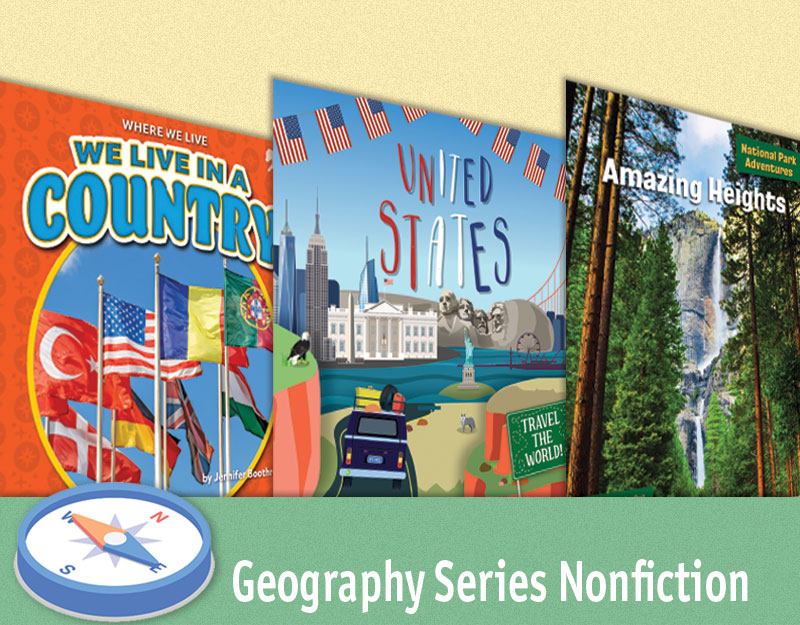
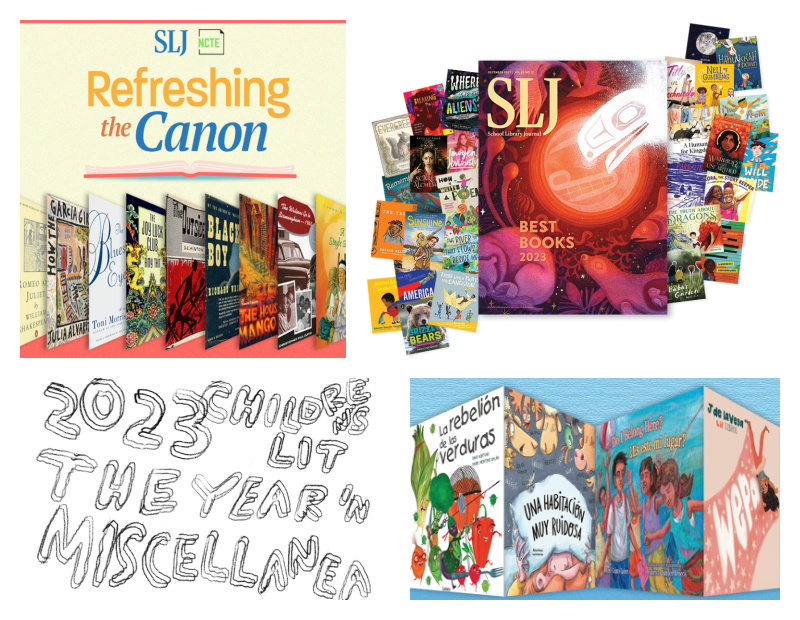
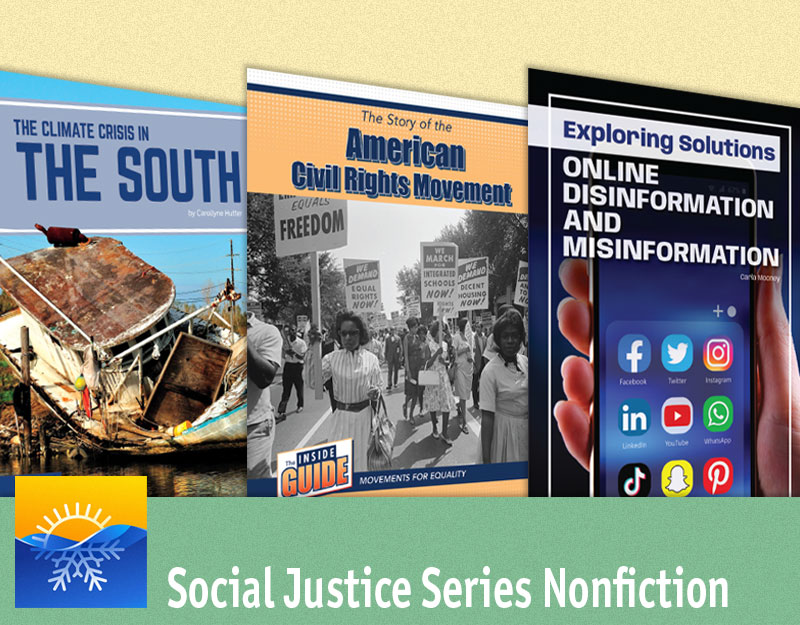
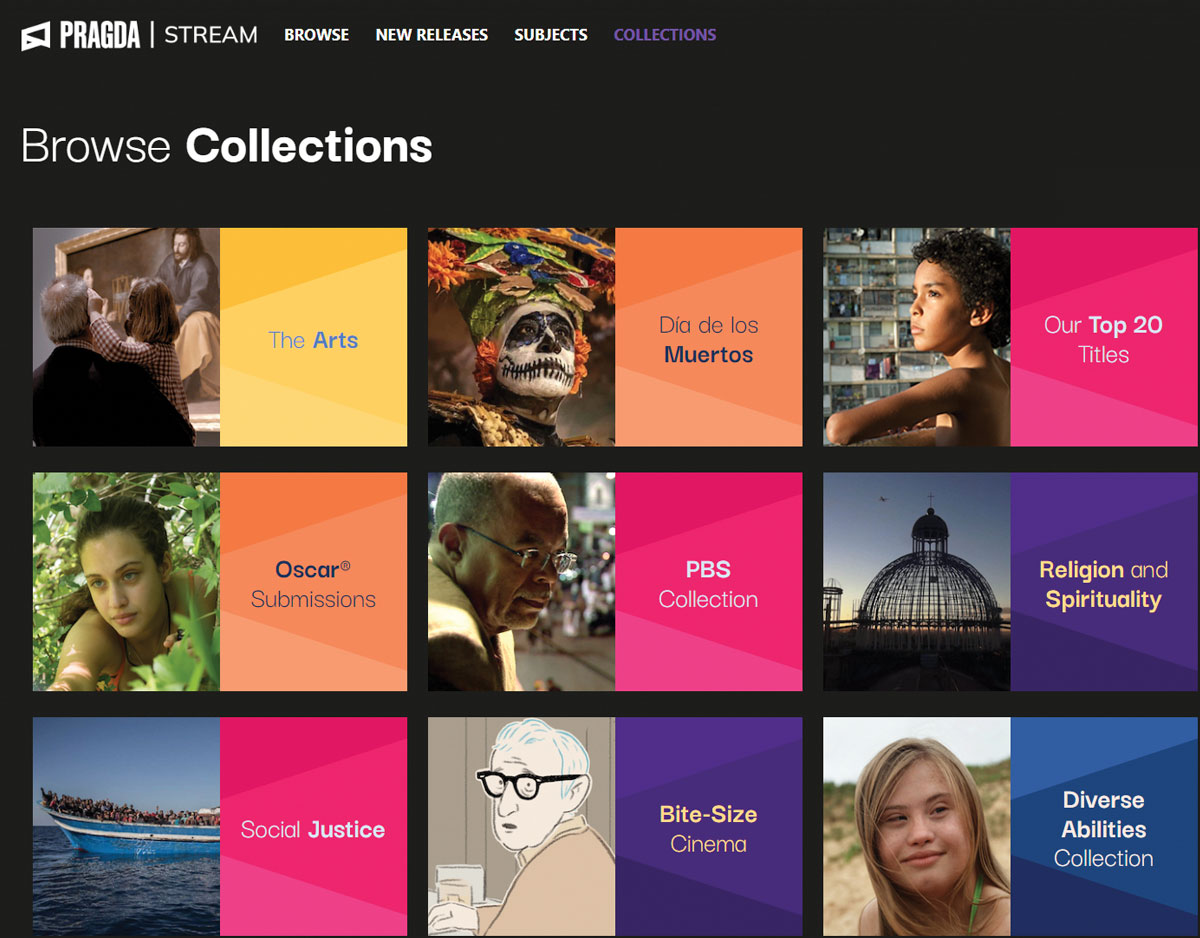
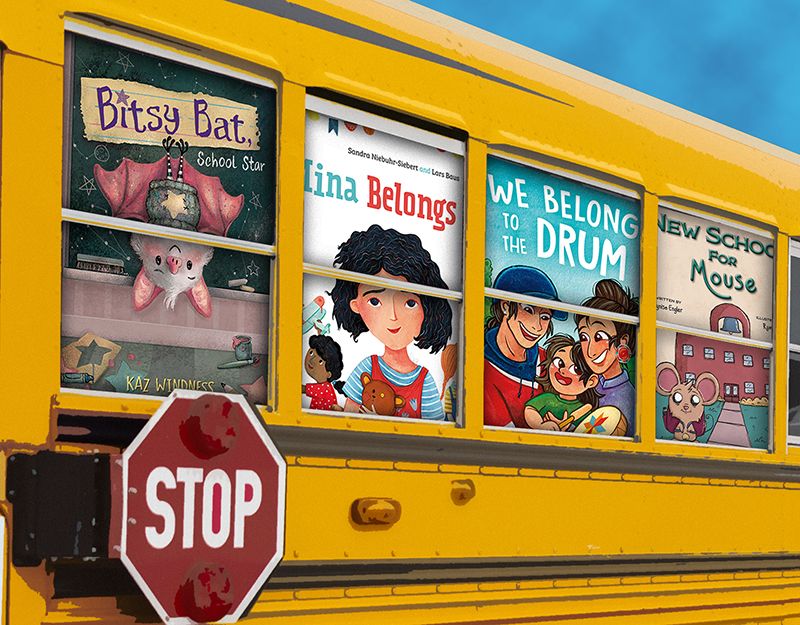
Wonderful posts posted! Terrifically nice ideas. Good work!